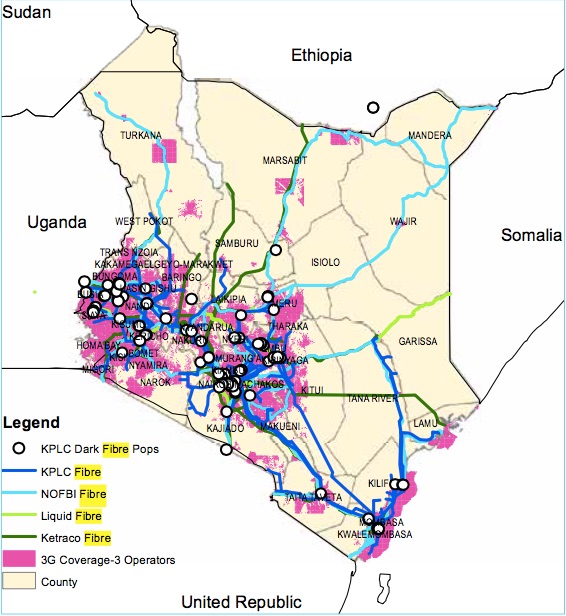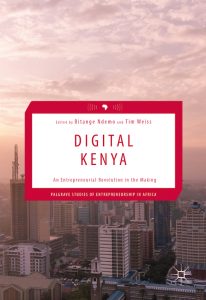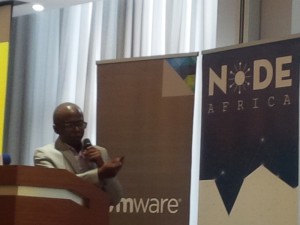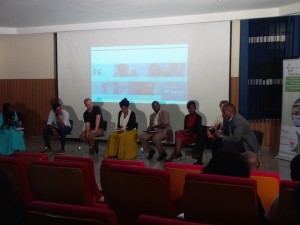Standard Chartered launched video banking in Nairobi today. Already used in Asia, Kenya will become the first of their banks in Africa to roll out the service to its customers.
Standard Charted is currently Kenya’s 5th largest bank by assets, and has been in the country since 1911 and serves retail, corporate and institutional clients. CEO Lamin Manjang spoke of their “digital by design” investments, in which they use technology to enhance customer experiences while improving on the banks’ cost efficiency. He said “ Almost all transaction done at the branches are available through other means” and listed recent innovations they have done including – upgraded their platform, a new mobile banking app, fingerprint login, ATM’s that accept cash deposit ATM, and now video banking.
Whether in Singapore or Malindi, customers will be able to have secure video chats with agents located at the banks’ headquarters in Chiromo, Nairobi, share screens, exchange documents, do their banking and get advice, especially on investment and wealth management products and services. It is available to all customers, Monday to Friday from 9 a. to 6 p.m. Video banking is currently only on desktop computers, but they plan to extend it to mobile devices in the future.
The chief guest was the country’s Cabinet Secretary for Information, Communications and Technology, Joe Mucheru, who spoke on the government’s new cyber security bill as he urged banks and companies to invest in backups of critical data, upgrade their operating systems and anti-virus software and use of cloud services. “If you’ve gone through the agony of ransomware, investing in backups is not a big issue.”



